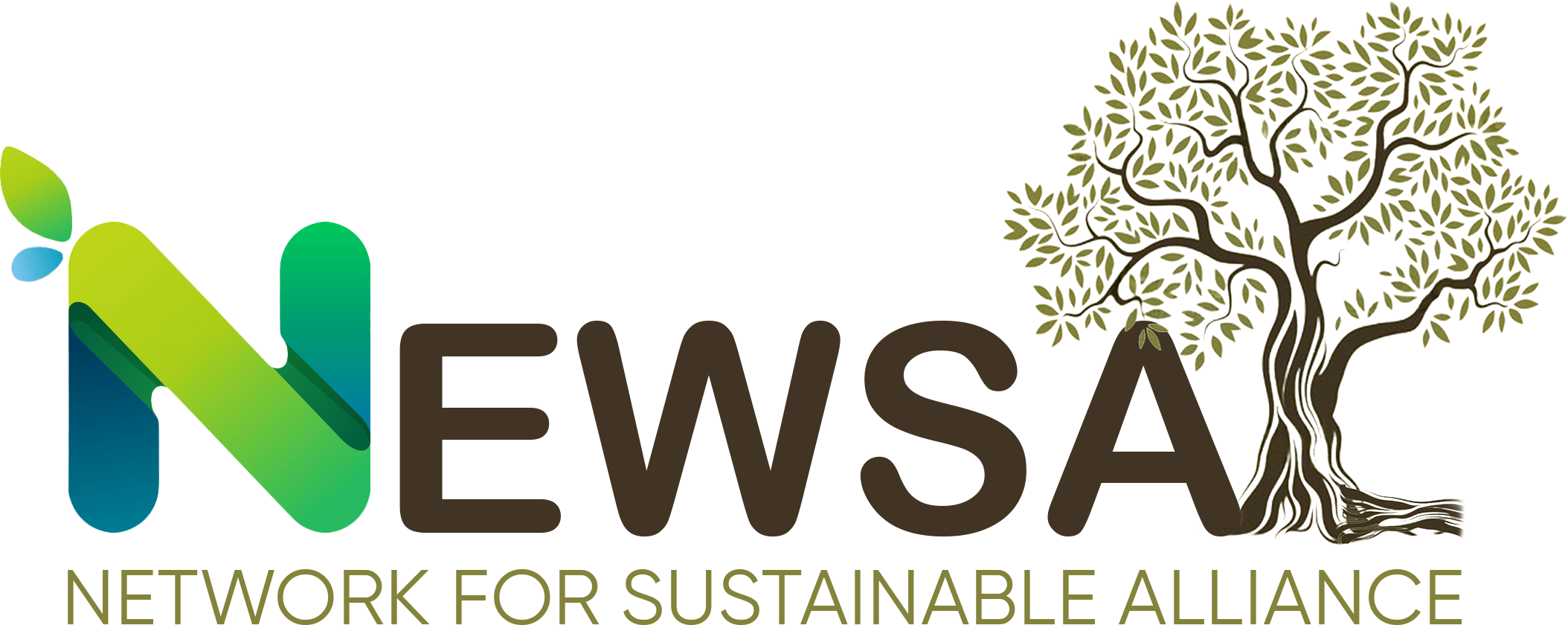Explore our comprehensive approach to ecological restoration, community development, and sustainable innovation.

Environmental and Biodiversity Conservation
We are committed to the protection, restoration, and sustainable management of natural ecosystems, including forests, wetlands, and threatened habitats. Our work fosters biodiversity through ecological research, native species planting, and landscape restoration, while also involving local communities in long-term stewardship. Though newly formed, we’ve begun groundwork for species conservation, habitat recovery, and participatory conservation models.
Key Initiatives
- Ecological research and native species planting
- Landscape restoration and habitat recovery
- Community-based conservation stewardship
- Participatory conservation models

Himalayan and Rural Livelihood Development
Recognizing the Himalayas as both ecologically vital and socially fragile, we aim to strengthen nature-based livelihoods in mountain communities. By combining traditional wisdom with scientific innovation, we promote climate-resilient practices, village enterprise development, and eco-friendly land use—all with a focus on reducing out-migration and improving quality of life for rural families.
Key Initiatives
- Climate-resilient mountain practices
- Village enterprise development
- Eco-friendly land use planning
- Reducing rural out-migration

Sustainable and Regenerative Agriculture
We support a transition to farming systems that regenerate the land rather than deplete it. Focusing on soil health, seed sovereignty, composting, and organic inputs, we work closely with farmers to revive agro-ecological balance and biodiversity. Our early efforts include training sessions, resource support, and small-scale regenerative pilots designed to build farmer confidence and ecological awareness.
Key Initiatives
- Soil health and seed sovereignty programs
- Composting and organic input systems
- Agro-ecological balance restoration
- Farmer training and resource support

River Restoration and Water Resource Management
Our river and watershed programs are designed to heal degraded ecosystems and restore natural hydrology. We work with local communities to tackle pollution, revive riparian zones, and reestablish ecological flows. Grounded in eco-hydrological principles, our approach focuses on linking healthy watersheds with sustainable livelihoods and freshwater biodiversity.
Key Initiatives
- Watershed ecosystem restoration
- Community-based pollution control
- Riparian zone revival programs
- Freshwater biodiversity conservation

Geospatial Research and GIS Consultancy
We offer geospatial research and consulting services to support conservation planning, land use mapping, and risk assessment. Using satellite data, remote sensing, and spatial modeling tools, we help partners make informed decisions for ecological resilience. As a growing organization, we’ve already initiated GIS-based projects related to forest fire risk, habitat mapping, and landscape analysis.
Key Initiatives
- Satellite data and remote sensing analysis
- Conservation planning and land use mapping
- Forest fire risk assessment
- Habitat mapping and landscape analysis

Carbon Sequestration and Climate Resilience
In response to the climate crisis, we are developing innovative, nature-based carbon sequestration models that include biochar production, afforestation, and soil carbon enhancement. Our work explores the integration of these strategies into emerging carbon credit systems, ensuring local communities benefit from global climate solutions. These early-stage programs lay the groundwork for scalable, science-led mitigation.
Key Initiatives
- Biochar production and afforestation
- Soil carbon enhancement programs
- Carbon credit system integration
- Science-led climate mitigation

Urban Ecology and Sustainable Waste Solutions
We bring nature back into urban spaces through green infrastructure, waste reduction initiatives, and ecological restoration of neglected areas. Our urban work focuses on increasing tree cover, supporting decentralized waste systems, and enhancing biodiversity within cities. These efforts not only address pollution and climate stress but also create healthier, more resilient urban communities.
Key Initiatives
- Green infrastructure development
- Decentralized waste management systems
- Urban tree cover enhancement
- City biodiversity restoration

Environmental Education and Field-Based Learning
Education is central to our mission. We conduct field-based learning programs, nature camps, and participatory training that connect learners with the environment in meaningful ways. From schoolchildren to professionals, we create opportunities to explore ecological systems, develop skills in tools like GIS, and cultivate a sense of stewardship for the natural world.
Key Initiatives
- Field-based learning programs
- Nature camps and outdoor education
- GIS and technical skills training
- Environmental stewardship development

